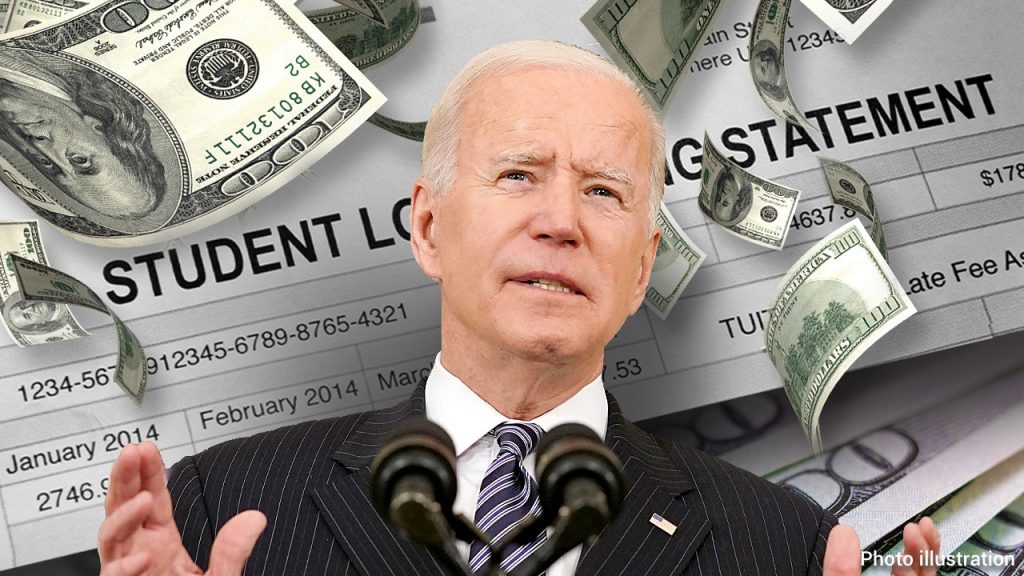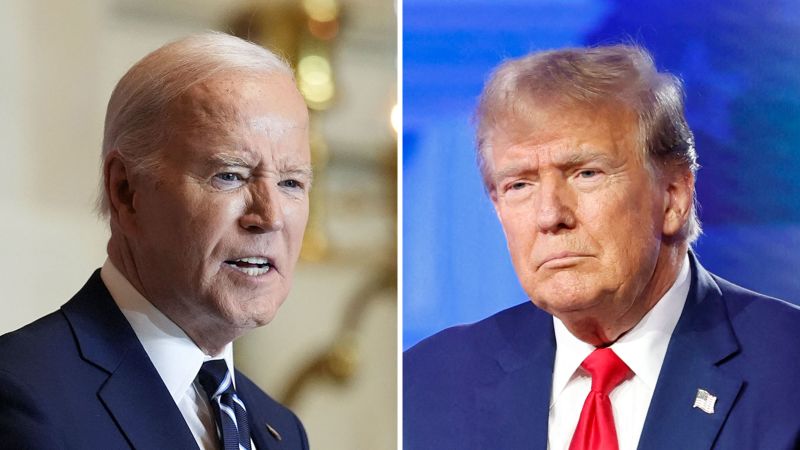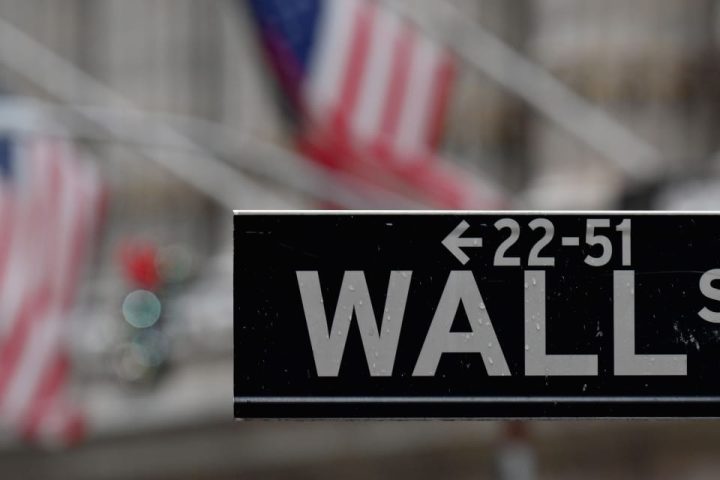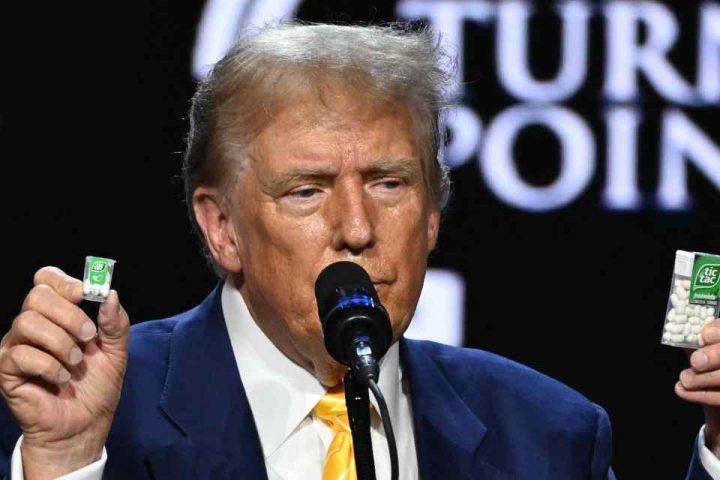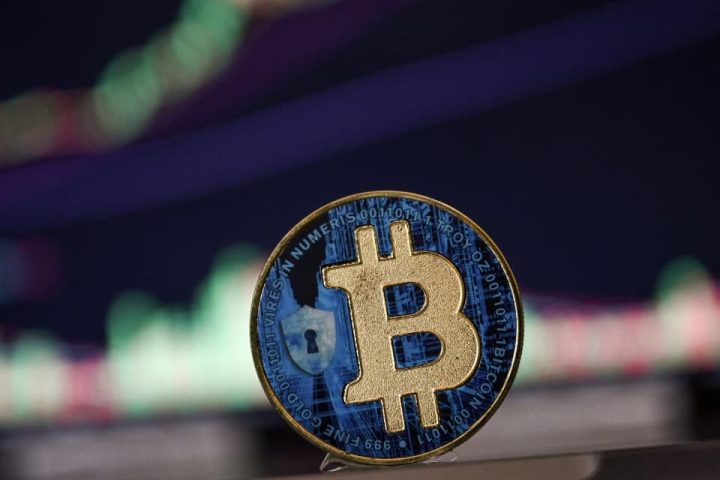By Marcela Ayres and Bernardo Caram
SAO PAULO (Reuters) – Brazil’s presidency of the G20 believes upcoming meetings of the finance leaders of the world’s major economies may conclude without a joint statement amid a lack of consensus on how to address geopolitical issues, said a senior official on Friday.
“We are at ease with that,” the coordinator of the G20 finance track, Tatiana Rosito, said in an interview with Reuters.
“If it is not possible to have language that accommodates everyone … we may have other chair summaries, but we will always work for consensus.”
Deep divisions on how to mention the wars in Ukraine and Gaza led finance ministers and central bank governors to fail on issuing a joint statement on Thursday, despite Brazil’s efforts to focus on a short text aligning with its priorities of addressing issues such as inequalities, poverty, and climate change.
According to Rosito, the final document presented by the Brazilian presidency had “99% consensus” among members, including on topics about economic fragmentation and commodity price volatility, often related to conflicts.
“The only thing that was not agreed upon is how to explicitly address the geopolitical discussion,” she continued, emphasizing that the government believes this issue should be more appropriately addressed in the G20 diplomatic track.
For the upcoming meeting of the G20 financial track, which takes place in April on the sidelines of the International Monetary Fund (IMF) spring meetings in Washington, Rosito said that priorities will include the reform of multilateral development banks (MDBs) and financing for climate development.
These themes closely align with Brazil’s call for the massive channeling of resources to address challenges posed by climate change, especially in the cash-strapped Global South.
In this context, the Brazilian presidency of the G20 is planning to hold a side event addressing the role of rating agencies in evaluating multilateral development banks, enabling them to consider aspects that are more specific to these institutions, said the secretary.
Rosito mentioned that there are currently different interpretations regarding the possibility of the callable capital of MDBs also being considered for rating purposes, as ultimately, this amount is guaranteed by the treasuries of member countries.
Callable capital is the amount each member country would have to contribute if called upon, constituting the majority of the total capital of MDBs, as opposed to paid-in capital.
The secretary highlighted that Brazilians Ilan Goldfajn, president of the Inter-American Development Bank (IDB), and former president Dilma Rousseff, who heads the New Development Bank (NDB), known as the BRICS bank, are working closely with the government. Dilma is coordinating discussions on how MDBs could advance in mobilizing resources.
She emphasized that, regarding Climate Funds, the idea is to conclude the Brazilian presidency of the G20 with a new governance framework outlined to make financing through these instruments more efficient and expedient.
Read the full article here

